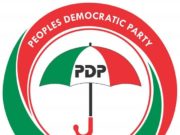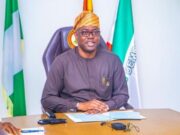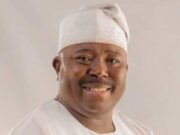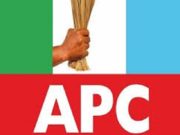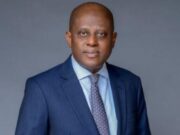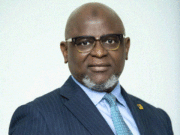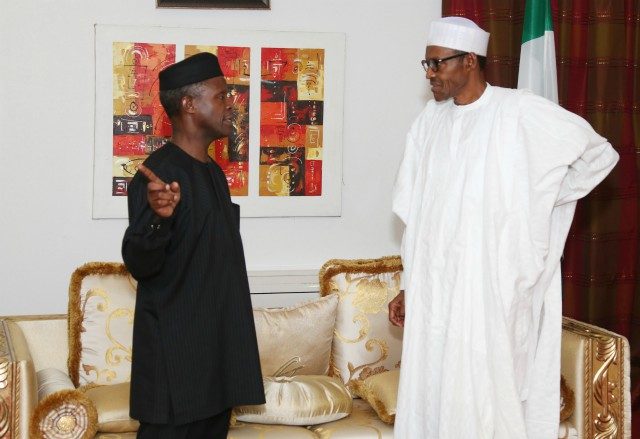As you are reading this, the Acting President, Professor Yemi Osinbajo, SAN, is already in London, the United Kingdom for a scheduled meeting with President Muhammadu Buhari who has been on ‘medical vacation’ there for over 60 days.
According to the Osinbajo’s Spokesman, Laolu Akande, the Acting President is due to return to Abuja once the meeting is over.
Akande, on his Twitter handle, tweeted: “AgP Osinbajo meeting with President Buhari in London today, and returning to Abuja immediately afterwards.”
Meanwhile, the Muhammadu Buhari-led administration in Nigeria is determined to turn the country’s economy around in the next 18 months.
This was revealed by Acting President Osinbajo while speaking at the quarterly presidential business forum earlier in Abuja on Tuesday. He added that the administration was determined to deliver on its promises to the electorate.
The acting president, who said Nigeria was fortunate to have a leader in President Buhari, added that the administration would continue to ensure that public funds were spent efficiently.
Osinbajo said: “And I have said this repeatedly that in some sense we are fortunate to have a leader like the President who at least we know is straightforward and honest, and committed to ensuring government expenditure is spent the way it should be spent and that people don’t do what they like.
“To that extent, I think we have the right environment at least in terms of government discipline and all of that, to be able to deliver on the promises that we have made.
“But do not doubt for one moment at all our commitment to ensuring that we are able to deliver on the promises that we have made.
“Day after day, night after night we are working on these things.
“Practically every night we work on these issues.
“I believe very strongly that Nigeria will turn around.
“I have no doubt in my mind that if we are focussed even in the next 12 to 18 months, if we are focussed, we will certainly see a turn around.”
Osinbajo, therefore, advised the private sector to partner with the government to achieve the set target.
In her remarks, the Minister of Finance, Kemi Adeosun, said Nigeria should continue to diversify its economy to enable it to generate more revenue to fund its budget.
Adeosun said: “The problem is that we have been relying on oil and oil gave us a big budget size.
“It’s just one of our resources and as you know it’s only 10 per cent of our GDP.
“So the rest of our economy, 90 per cent, really has to contribute to our revenue.
“So what are we trying to do?
“We need to mobilize additional revenue to fund our budget.
“We have got to get our budget bigger and to do that we cannot borrow anymore.
“We simply have to generate more revenue, we have to plug the leakages, we have to improve tax collection so that we can manage our borrowing.
“So the Voluntary Assets and Income Declaration Scheme is aimed at improving revenue collection rate and generally improving domestic revenue mobilization so that we can fund our budget sustainably.”
The minister described as encouraging the response of Nigerians to the inauguration of VAIDS.
Adeosun expressed the hope that the Buhari administration would reposition Nigeria to the level that “we will not be as vulnerable as we have been in the past to oil price movements”.
The Minister of Power, Works, and Housing, Babatunde Fashola, who also spoke at the event, stated that the government’s focus has been on how to ease doing business, enable the private sector to be the best it could be to compete and be efficient locally and globally.
Fashola said: “The private sector has always been in any economy with a capital disposition, the driver of growth, the driver of development and ultimately government must interface with the private sector.
“We want to hear from them where the shoes pinch most, where we can make it easier; where we can make it better and how we can do so.
“And it is only by understanding the problems that we can then offer quality solutions which will include executive actions, sometimes legislative actions, sometimes judicial interventions as a mixture of government’s policy options to help private sector do its best.”
Credit: theeagleonline.com.ng





















